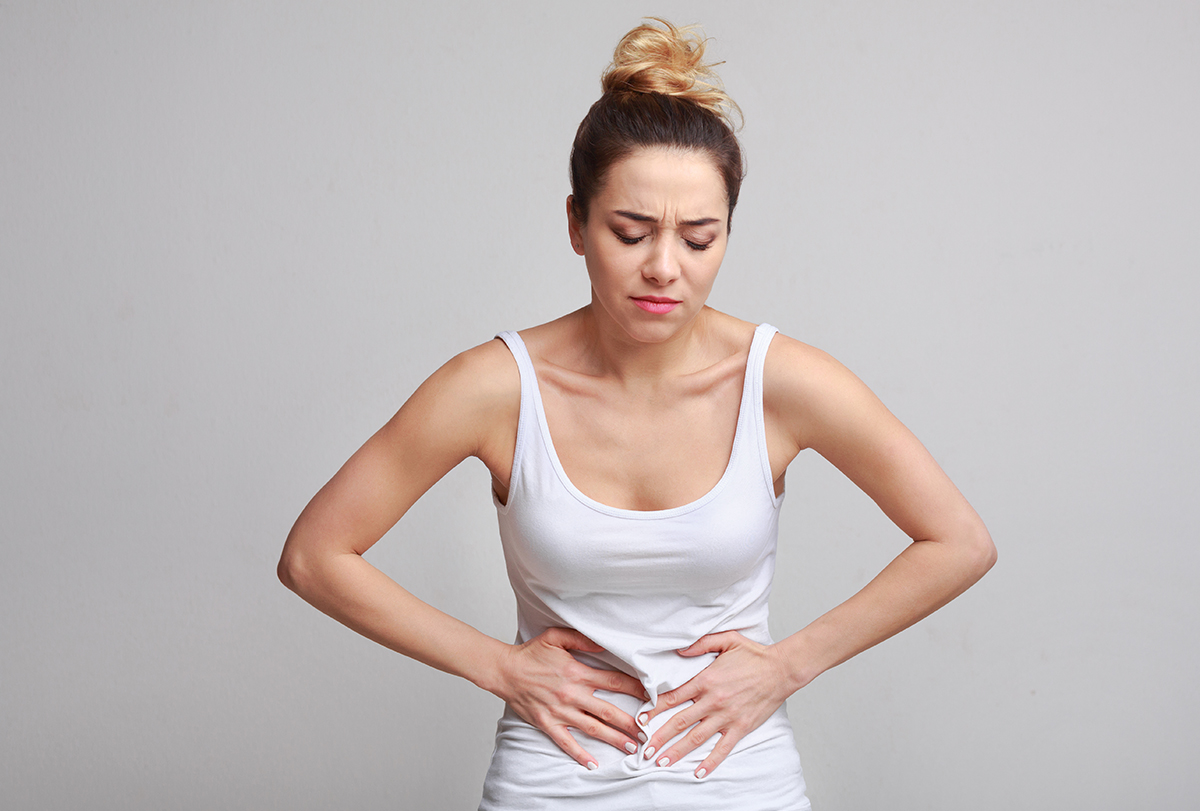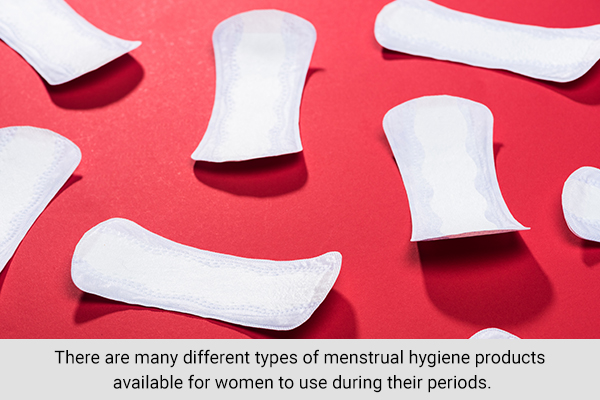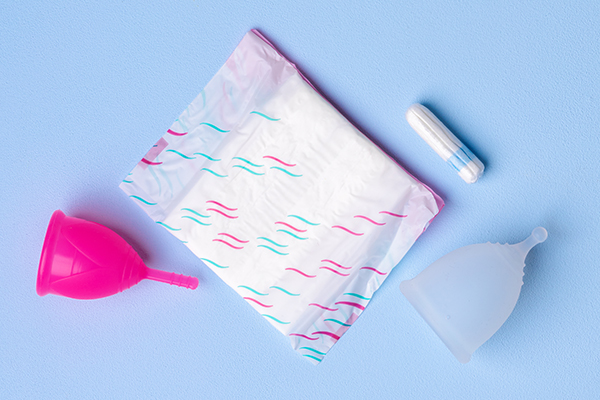In this article:
During menstruation, women must know how to take care of themselves, starting with what products they should use and also what they should eat.

This article presents all the information that you need to know as well as some tips on what you should be doing during your menstruation.
Ways to Take Care of Yourself During Menstruation
The following self-care tips can help you during menstruation.
1. Practice proper hygiene
Here are a few things that every woman should do to maintain good menstrual hygiene.
a. Maintain hygiene
Always wash your hands before and after handling menstrual products. This will help to keep any bacteria or contaminants from getting on or in the products.
It is important to change your menstrual product regularly, at least every 4–6 hours, to prevent bacterial growth and irritation, which may lead to toxic shock syndrome, which needs urgent medical intervention. (1)
Cleanse the vulvar area with warm water and mild soap every day during your period. This will help to remove any blood or discharge that has accumulated on the skin.
b. Avoid using intimate hygiene washes
Products that are marketed as “intimate hygiene washes” or “douches” can change the acid-base balance of the vagina and may lead to unwanted fungal growth. They are not needed since the vagina is a self-cleaning organ. (2)
c. Wear comfortable and airy clothing
It is important to wear breathable underwear and clothing (preferably made of cotton) during your period to help keep the area dry and free from irritation.
2. Choose your menstrual hygiene products wisely

Many different types of menstrual hygiene are products available for women to use during their periods.
The most common type of product is the pad, which is worn attached to the underwear and absorbs blood as it flows out of the vagina. Pads also come in a variety of sizes, absorbencies, and brands.
According to a UNICEF document, disposable pads pose the least risk to health, but are cost intensive over the long term. (3)
Another type of menstrual hygiene product is the tampon, which is inserted into the vagina to absorb blood. Tampons come in a variety of sizes, absorbencies, and brands. In the early 1980s, when toxic shock syndrome was first described, the use of tampons was considered the main risk factor that caused the condition. (3)(4)
A recent study done in 2020 suggests that the risk of menstrual toxic shock syndrome was associated with using tampons for more than 6 hours, overnight tampon use during sleep, or if the tampon is not inserted properly as per the instructions given. (4)
The third type of menstrual hygiene product is the cup, which is a small cup that is inserted into the vagina to collect blood. Cups can be made from a variety of materials, such as silicone or latex, and come in different sizes to fit each individual woman’s body.
Finally, some women prefer to use reusable cloth pads or liners instead of disposable products. These can be washed and reused multiple times before needing to be replaced.
No matter what type of menstrual hygiene product you use, it’s important to change it regularly (at least every 4–6 hours) to prevent bacteria from growing and causing infections. You should also empty your cup or change your pad before going to bed so that you don’t leak during the night.
Maintaining hygiene will avoid the risk of developing toxic shock syndrome. (1)(5)
3. Apply a heating pad for pain relief
There are a few things you can do to help ease the pain during your menstrual period.
Applying a heating pad to your lower abdomen or taking a hot bath may provide relief. Some women find that using a menstrual cup helps to reduce cramps by providing gentle suction on the uterine walls.
If you’re still in pain, talk to your doctor about other options, such as birth control pills or prescription pain medication. (6)
4. Adopt healthy lifestyle practices
It is important to maintain a healthy lifestyle during your period:
a. Eat healthy foods

Eating nutritious foods will help your body to cope with the hormonal changes and the physical demands of your period. Include plenty of fruits, vegetables, and whole grains in your diet, and limit processed and sugary foods. (7)
b. Exercise
Moderate exercise can help to relieve cramps and other period symptoms. It also helps to improve your mood and energy levels. (8)
c. Drink warm water
Drinking warm water may help in reducing the symptoms of menstruation, especially abdominal cramps. It may also help in easing constipation. (9)
5. Get enough sleep and reduce stress
Some measures can help make the days before and during menstruation a little easier.
First, try to get plenty of rest. This can be difficult if you have a lot going on, but it’s important to give your body the time it needs to recover.
Second, eat healthy foods and avoid processed sugars. This will help stabilize your energy levels and mood. You can also consume dark chocolate to improve your mood. (10)
Third, exercise regularly. Exercise releases endorphins, which can help improve your mood. (11)
Finally, spend time with friends and family. Social support can be incredibly helpful in managing stress levels.
6. Keep a positive attitude!
Periods can be tough, but remember that they are only temporary and you will feel better soon!
Most-Asked Questions
How can I avoid discomfort when using menstrual hygiene products?

Using a menstrual cup or pad rather than a tampon can help to avoid irritation. Wearing loose clothing and cotton underwear can also help to minimize discomfort, and it is important to avoid using scented products near the vagina.
What dietary changes or habits I can do to reduce stomach cramps?
Some measures that can be done to avoid discomfort during menstruation include drinking plenty of fluids and eating foods that are high in fiber to avoid constipation. It is also helpful to take a warm bath or use a heating pad on the lower abdomen to ease the cramping.
What are the medications to be taken during periods?
After consulting with your doctor, you may take over-the-counter medications such as ibuprofen or acetaminophen. Your doctor may prescribe specific painkillers to manage abdominal pain.
Final Word
There are many different things that you can do to take care of yourself during your menstrual period. By following the tips outlined in this article, you can minimize the discomfort or inconvenience that may come with having your period.
In addition, by being proactive and preparing for your period ahead of time, you can avoid any last-minute surprises.
- Was this article helpful?
- YES, THANKS!NOT REALLY


